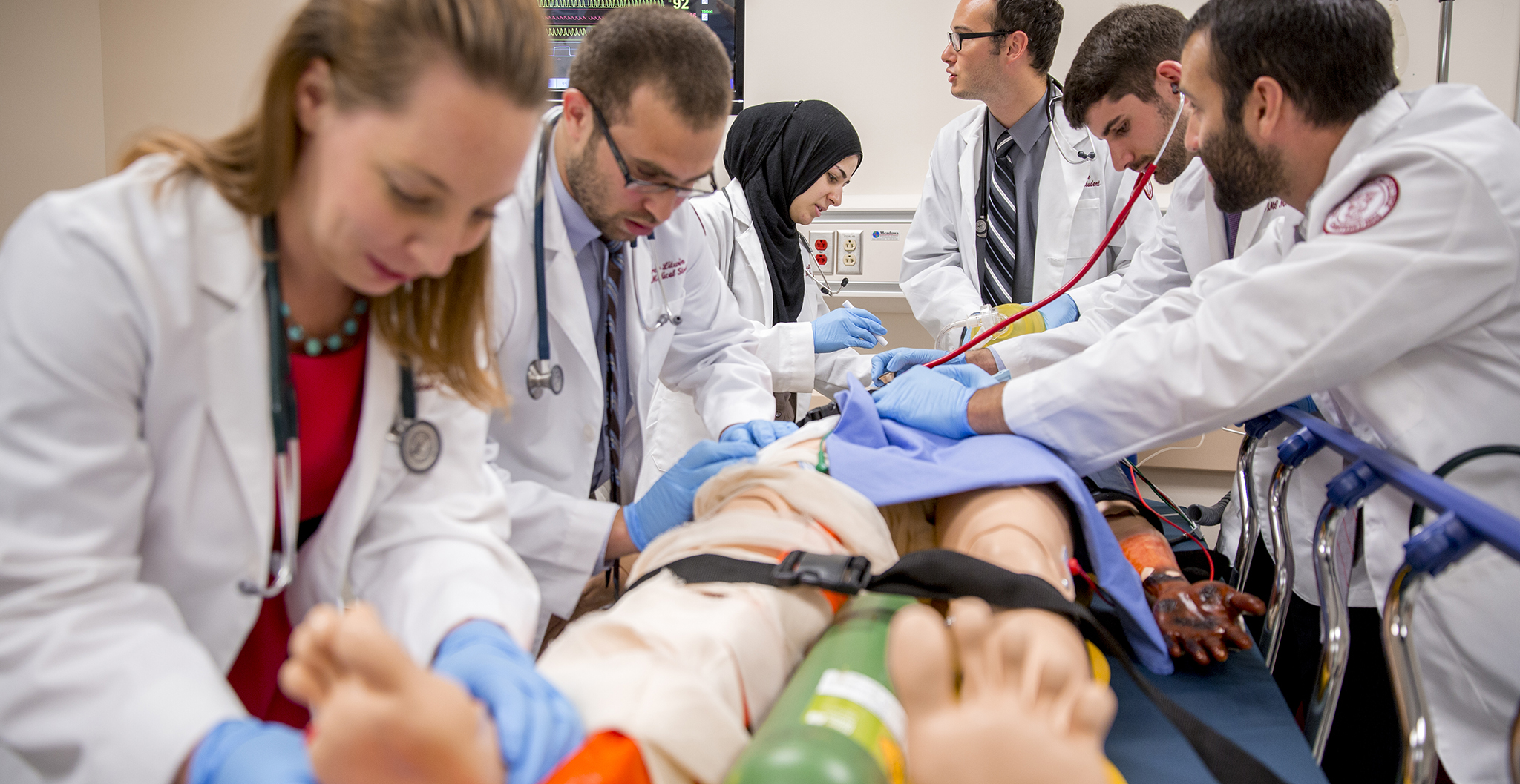Racism in medical schools influences the decision of students on whether to work in minority or underserved communities, a new study published in the August issue of Academic Medicine found.
A team of researchers, who studied 3,756 U.S. medical students across the nation, found that racism at the structural or cultural level may reinforce a belief in the social hierarchy and have a potential of dissuading students from focusing their career on caring for those perceived to be lower in that hierarchy.
The study was conducted by the Mayo Clinic’s Research Group on Equity and Inclusion in Health Care in collaboration with researchers from Yale University and the University of Minnesota.
“We’ve been following this cohort for a long time to understand how their experiences in medical education influence the predictors of potentially biased care,” said Michelle van Ryn, the principal investigator. “These findings suggest that medical education leaders can take action to affect students’ decisions to work with underserved populations.”
Researchers found various factors that could contribute to a medical student’s decision of working in a particular community, which includes school curricula and policies that lack content on cultural awareness, racial disparities, and bias.
The behavior of faculty, attending physicians, school culture and climate also represents a hidden curriculum on acceptable or normal ways to interact.
The study found that interactions also contribute to student decision to practice. Students who had more interactions with black students, faculty and allied health staff, and considered those interactions favorable, were more likely to choose to practice in a black community.
While concluding the study, researchers recommended intervention strategies like service-learning experiences and a curriculum focused on minority health and disparities, students’ perceived skill at developing relationships with minority patients.
“This study provides evidence that racism manifested at multiple levels in medical schools was associated with graduating students’ decisions to provide care in high-need communities,” the article concludes.
“Strategies to identify and eliminate structural racism, and its manifestations in medical school are needed.”



